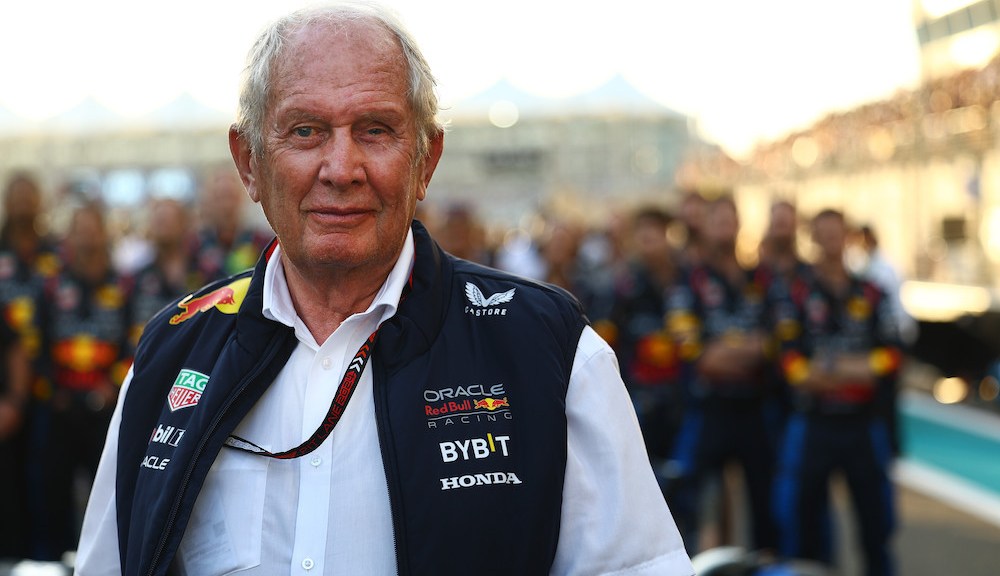Red Bull’s Driver Management in the Spotlight
The debate surrounding Red Bull’s decision to swap Liam Lawson and Yuki Tsunoda after just two races of the new Formula 1 season has sparked much discussion. Even prior to the swap, the comments made by Helmut Marko following the opening round in Australia had already attracted criticism from fans, highlighting his controversial approach to managing young drivers.
Marko’s Controversial Comments
Following Isack Hadjar’s crash during the formation lap in Melbourne, Marko referred to the rookie’s tears as “a bit embarrassing.” This remark was noteworthy given the supportive responses Hadjar received from figures like Stefano Domenicali and Anthony Hamilton, as well as messages of encouragement from fellow drivers. Many observers felt Marko’s comments indicated a disconnect with modern approaches to nurturing emerging talent, although Hadjar later defended Marko in China.
Unsettled Leadership Dynamics
Red Bull has had a tumultuous start to the year regarding its driver management strategies. Marko recently justified the swift change from Lawson to Tsunoda, suggesting that it was partially aimed at enhancing Max Verstappen’s championship opportunities. At 81, Marko maintains a close relationship with the Verstappen camp, which significantly influences his role in the team.
The Legacy of Dietrich Mateschitz
Marko, who was a trusted advisor to the late Red Bull owner Dietrich Mateschitz, has seen a shift in power dynamics since Mateschitz’s passing in 2022. While he once had considerable sway over driver selections, a power struggle ensued, diminishing his role within the organization. Now, his influence is counterbalanced by the differing interests of Mateschitz’s son, Mark, and Thai businessman Chalerm Yoovidhya, who supports Christian Horner’s leadership.
The Evolving Driver Development Program
In an effort to gain more control over driver development, Horner appointed engineer Guillaume Rocquelin to collaborate with junior drivers. This change aims to reshape how drivers are cultivated, while Marko retains authority over driver selection and placement within the program. However, Rocquelin’s initiatives are starting to diminish Marko’s once unchallenged control over the junior program.
The Tsunoda and Lawson Swap
Sources suggest that the swap between Lawson and Tsunoda was a collective decision among shareholders, even though it meant Marko had to contradict Verstappen, who favored giving Lawson more time to adapt. This was surprising considering the strong alliance Marko has developed with Verstappen over the years, including navigating the driver’s contract extensions that strengthened their bond further.
Marko’s Influence and Future
Though Marko’s authority is waning, his role remains vital given his communication link between Verstappen and the team’s ownership. While he continues to make headlines for his forthright opinions on various matters, some speculate that these statements serve to maintain his relevance within the team. In an era of evolving power dynamics, Marko’s connection to Verstappen ensures he remains a significant figure, both for the driver and the team itself.



